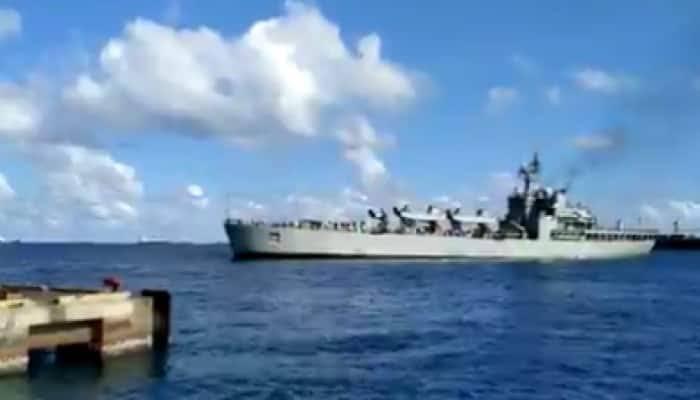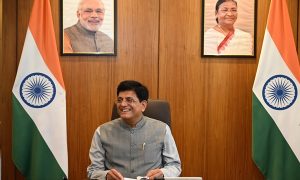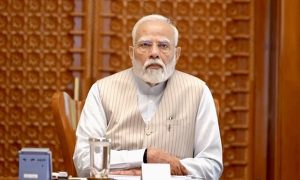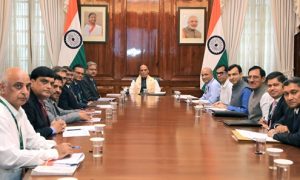The Security and Growth for All in the Region (SAGAR) vision of Prime Minister Narendra Modi aims at deepening economic and security cooperation with its maritime neighbors and assist in building their maritime security capabilities.
“This initiative has been the first major articulation by any Indian leader about the country’s vision for the Indian ocean. As far as the Indian ocean is concerned it is very important for its growth and security. India is central in the Indian ocean because its location is such that it is not only able to make projective power necessitated by its national interest but also it is subject to great pressure by the great powers and even adversary countries,” says Yogender Kumar, Former Ambassador.
He underlines that the significance of the Indian ocean in terms of geostrategic and geo-economics must be noted that it is located critically in the global maritime trade. For India, its significance is that India has a coastline of 7,500 km with 12,000 islands including two island clusters Andaman Nicobar and Lakshadweep which enables India to have a large exclusive economic zone. And if you add the exclusive economic zones with the continental shelf it comes to near 3.3 million square kilometers which are as large as Indian landmass. So under these circumstances, the security prevailing in the Indian ocean affects Indian security.
He notes that the fact that how Indian ocean has to be governed is a very important strategic thinking. The current structure that you have is the legacy of the cold war which is not able to meet the newer types of challenges.
He points out that India’s inclusion in the Indian Ocean observer group is an extension of Prime Minister Narendra Modi’s vision that India is collaborating with various multilateral organizations and the Indian ocean commission is a very important part of it.
He further says it is constituted by very smaller countries including Seychelles, Madagascar, Mauritius along with other dialogue partners like France. So in it, there is a collaboration in the terms of fisheries, metrological, or even terrorism. This is very important in the capacity building or sharing information and knowledge expertise which India has been doing at the bilateral level but now the country is engaging with this multilateral organization.

India is very different from China as it does not have an aggressive stance while dealing with smaller countries. Indian navy is engaged in patrolling in the Bay of Bengal. It is also involved in the training and capacity building and hydrography he adds.






















 WhatsApp us
WhatsApp us